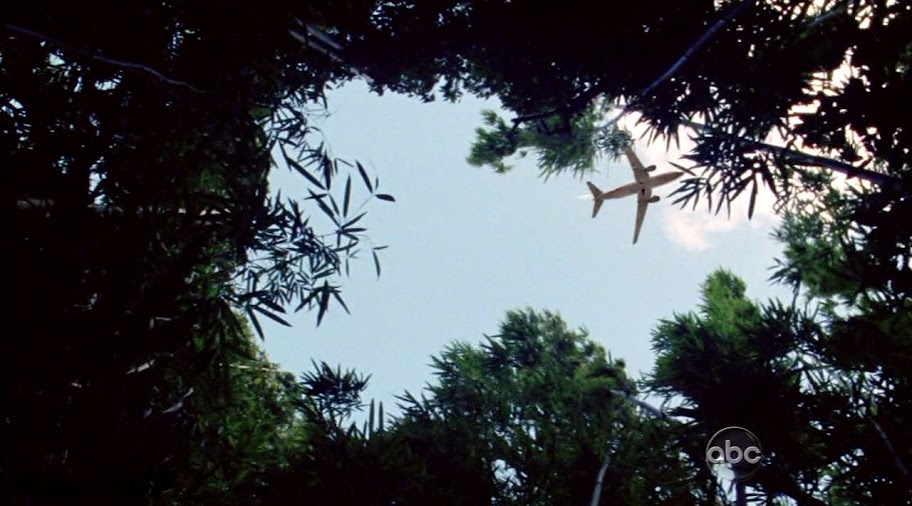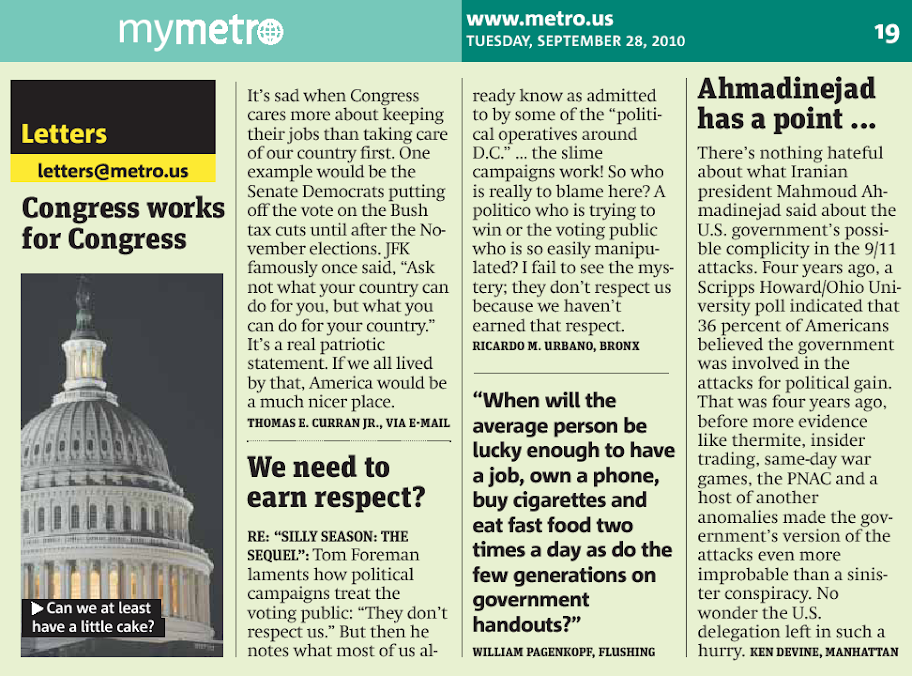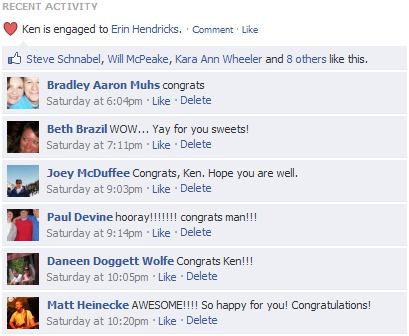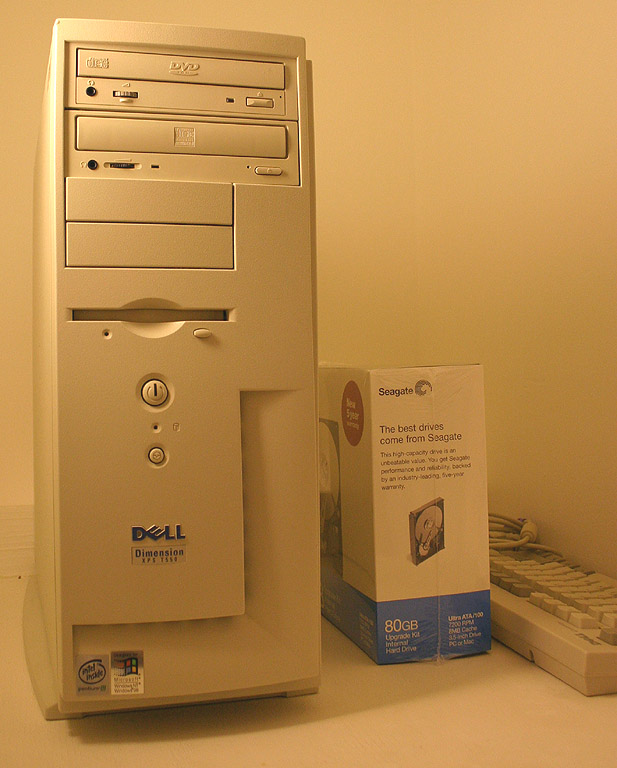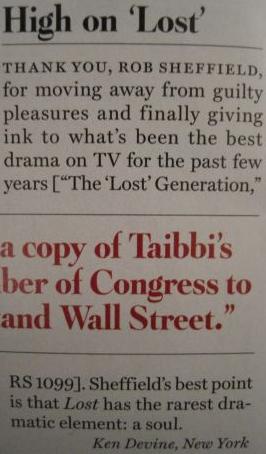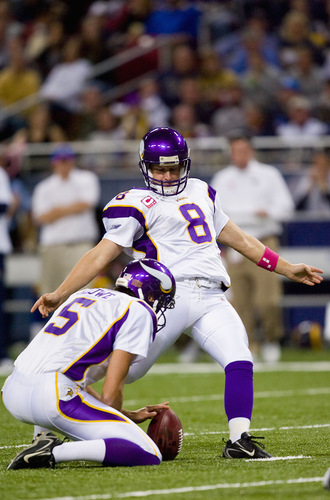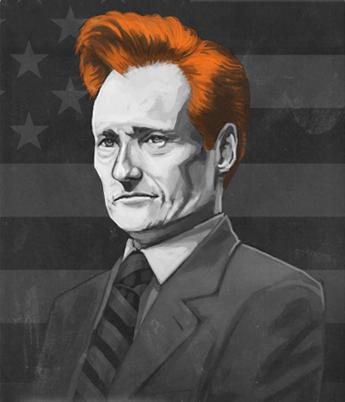"You're going home... Find yourself a suitcase. If there's anything in this life you want, pack it in there. Because you're never coming back."
 SPOILER ALERT: If you ever plan on watching
SPOILER ALERT: If you ever plan on watching Lost
, stop reading here. 121 episodes from now, you'll understand.
On Sunday, May 23rd, an incredible journey ended for millions of people around the world, and a golden era of serialized television came to a close.
On that same evening, people who had never seen
Lost couldn't have not felt the effects of its conclusion. The magnitude of the hype had built to monumental levels in the weeks leading up to the finale.
Retrospectives,
panel discussions, and predictions for the last episode were everywhere you looked.
Interviews with the creators and actors were hard to miss. Hollywood figures and famous fans like
George Lucas expressed their love for the sci-fi saga.
For anyone not stranded on a deserted island, exposure to
Lost was inescapable.
For
Lost fans everywhere, the 2½-hour series finale on Sunday night was the Super Bowl, a finale to end all finales. When the date of the last broadcast was announced months ago, people cleared their schedules, rebooked vacations, and balked at attending weddings (as well as work the next day).
Bars,
restaurants, and
movie theaters sold out tickets for viewing parties nationwide. ABC was relentless in plugging and promoting the show every second they could, and even made sure that the finale was simulcast with the West Coast broadcast throughout Europe. Their fee for a 30-second commercial during the finale? $900,000.
Yes, May 23rd was the television broadcast event of the year. For
Lost fans, it was better than the Super Bowl—it was a chance to be a part of history. And I made sure I didn't miss it for the world.
Planning a Funeral
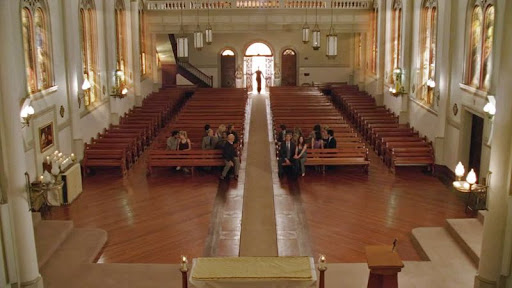
Three years ago I made a
bold prediction.
Lost had just catapulted itself to another level with an already legendary, game-changing flash-forward at the end of its third year. And shortly before the season finale aired, ABC agreed with the producers that the franchise's sixth season in 2010 would be its last—a completely unprecedented move for a popular series that was only halfway to the finish line.
At the time, my statement struck me as a bit extreme as I typed it, but I couldn't shake the sense that it was too off-base. Here's what I said:
"After watching the landmark Season 3 finale with an end in sight, it's not hard to foresee the epic buildup that will result in the final seasons, or get the sense that Lost could go down as the best TV drama of all time."
Three years later, I stand by what I wrote. ABC
believed in this show, trusted the producer's plan, and honored the story by promising not to run it into the ground like so many TV shows before it.
Best of all, ABC's atypical choice allowed them to reap huge dividends in the end. Because on Sunday night,
Lost made a profound statement to the world about what a TV show can accomplish. Perhaps more importantly, it served as a cautionary tale for TV executives everywhere...
This is the reward you get for not selling out and mining every dollar.
This is the payoff you earn for respecting your viewers and preserving narrative integrity.
This is what you can share with the world when a creative concept isn't exhausted.
This is what happens when you do the right thing: You get the best TV drama of all time.
All that's to say that I was beyond proud to be a
Lost fan on Sunday night. Game on.
The Circle Closes
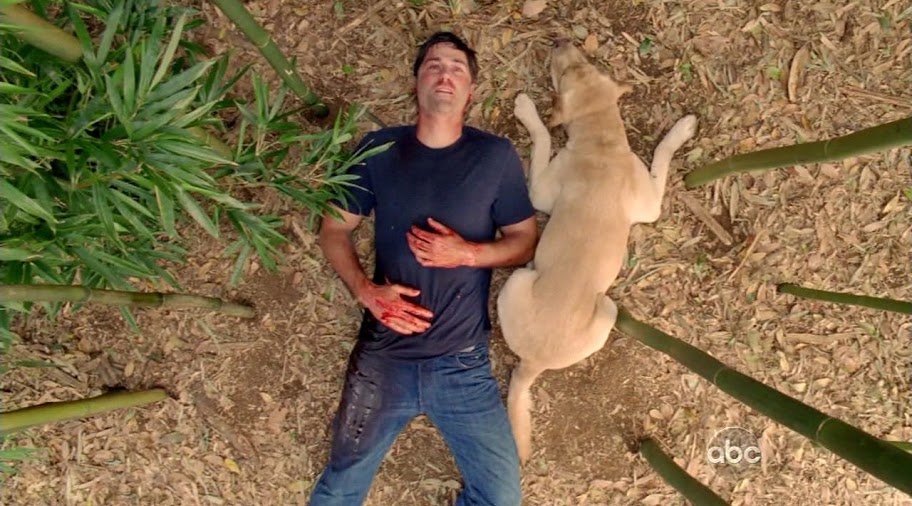
Reactions to the metaphysical finale were mixed, but I found it enormously satisfying. Despite certain ambiguities, I thought it was surprisingly direct and clear, absent of any WTF?-type bones for us to chew on for the rest of eternity. Of course, it wouldn't be
Lost if they didn't leave us a few scattered seeds or make us rethink a few theories. But months and years from now, I think we'll have a good idea what it all meant.
"The End" was one of the few episodes of
Lost that actually felt long to me, and in a good way. Clocking in at 103 minutes, the mammoth conclusion was loaded with everything that
Lost does best: climactic confrontations, mind-tripping mysticism, poignant character dynamics, and romantic reunions. Different aspects recalled different movies for me:
Indiana Jones,
The Mummy,
Passengers (check out the eerily similar plot in this one), and yes, even the final scene from
Titanic.
Speaking of final scenes,
Lost's closing seconds have got to rank among the best ever put to film: Lasting, unforgettable images that represent the greatness that is
Lost, and immediately recall the wave of emotions we all felt as the book finally closed in the most perfect way possible.
The evocative images: a wounded Jack clutching his side and trudging through the bamboo forest on a slow, solo funeral procession to what will be his final resting place. Vincent running up and laying loyally at Jack's side, instantly creating the sweetest and most sentimental moment out of all 121 episodes.
And best of all: Jack seeing the Ajira plane flying overhead, then smiling in ultimate triumph just before closing his eyes for the last time and dying a heroic death.
"It worked."
Combined with the Sideways shots and Michael Giacchino's stirring musical accompaniment, only the heartless couldn't have been moved during this sequence. My heart was deep in my throat.
Re-watching the episode by myself the next day, I had a similar reaction to when I watched the end of
Six Feet Under, weeping for the death of someone I'd known for six years, emoting purely on a soul level while marveling at the sheer, rapturous beauty of it all. It will remain one of the most powerful and cathartic moments I've ever experienced.
Deus Ex Machina?

It's a fair criticism that the effusively spiritual conclusion of the Sideways world wrapped up a little too perfectly, and maybe a little out of left field. But I don't think it's right to call it a cop-out.
Think back for a minute and recall the endless hardship that the castaways suffered for six seasons: all the deaths, abductions, flaming arrows, and fish biscuits—not to mention the single, traumatizing act of surviving a plane crash, which is enough to keep anyone in the psychiatrist's office for years.
They went through
hell on the island, with their faith and resolve continually tested around unexplainable, supernatural events. Along the way, the one thing that kept them going was the love that they all expressed for each other, in the bonds of friendship, romance, and simple alliance. And decades later, when they were finally able to move on together, their souls found salvation in a heavenly afterlife.
From the perspective of yin and yang, this narrative duality and ultimate redemption through love is the fairest, most organic resolution
Lost could ever have. After all they'd been through, a down ending wouldn't have been right.
Still, what purpose did the Sideways world serve beyond
"setting up an emotional ending, creating misdirection, and filling time"? Could we have done without it? Would you have felt differently about the religious emphasis had the final scenes taken place outside of a church?
Technically, the main storyline could have been resolved without the Sideways story. But would you have wanted the final season of
Lost to be an eight-episode miniseries? What about the connection between the light on the island and outside the church? Are some of the implications of the once-alternate universe no longer true?
Current detractors may have been OK without the Sideways, but it inevitably would have disappointed the thumbs-up crowd, upset that after all the inexplicable connections these people had to each other, there wasn't some larger meaning to it all.
It always ends the same.
Fans of Science, Fans of Faith
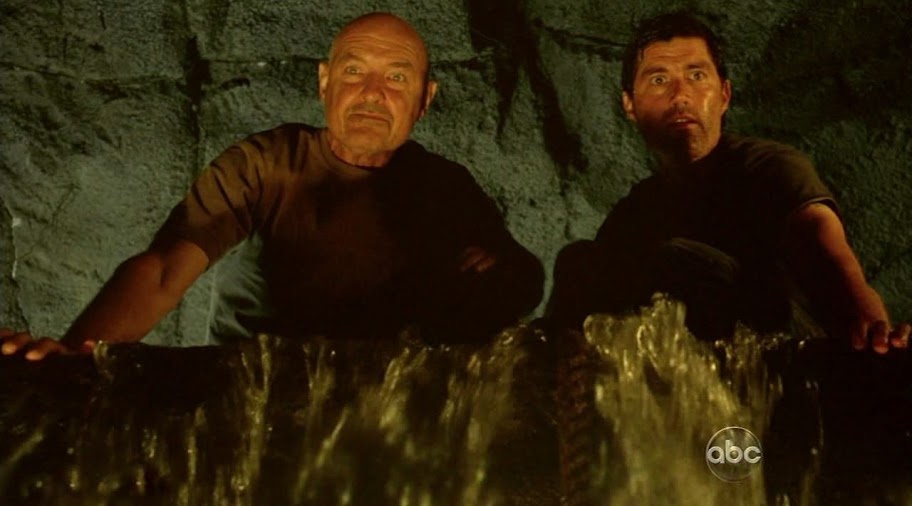
Of course, there was no way that everyone was going to love the ending of
Lost. Aside from
gross misinterpretation whose reconciliation I'll never fully understand, how you received it is something of a Rorschach test. How spiritual of a person are you? Do you tend to side with faith or reason? Were you prepared that the producers weren't going to tie up every loose end?
But most of all, how cynical of a person are you?
The last episode left my emotions so exercised that by the time it was over, I didn't really care about not knowing all the answers, because they didn't matter so much. Further, I couldn't really think of any burning mysteries that I absolutely had to know, although it turns out there are many more
unanswered questions than I thought.
Would I have minded if we were Dharma-dropped a few more morsels? Of course not, though in a few months
we'll get some. In the end we have to accept that out of all the stories about the island that the producers could tell, this is the one they chose, and this is how they told it.
From what I can gather, people who generally disliked
Lost wanted the story to be told their way, in a manner that was comfortable and familiar to them. But those of us who stood by
Lost did so on the faith we held in the ultimate vision of the show. The plots twisted and turned, the answers didn't come easy, and we were unsure where we were being led. But we succumbed to the
brilliant insanity of it all and kept riding the polar bear.
"You can believe whatever you want—that's the truth. But you're so close, James. It would be such a shame to turn back now."
The truth is that on
Lost, the science was never
"real" science, and the show's conceit was style over substance; more poetry than prose. And at times we realized that some questions were a little better when they went unanswered.
"The power of the show is the air of mystery that it always preserves," said
Craig Detweiler, director of Pepperdine University's Center for Entertainment, Media and Culture.
It's so true.
But blogger
Marjorie Sweeney summed it up best when she compared
Lost to mythic folklore passed down from generation to generation:
"Lost has never been a tightly scripted, contemporary sci-fi narrative—it's much more like the sprawling epics composed by ancient bards riffing by the firelight as they swigged from their wineskins. Like classic poetry passed down through oral tradition, there are all kinds of detours and dead ends, standalone stories and evolving mythic themes that ebb and flow through the episodes—as well as the ongoing stories of our heroes and heroines. Maybe there's no way it can all add up, but so what?"
What We Lived For
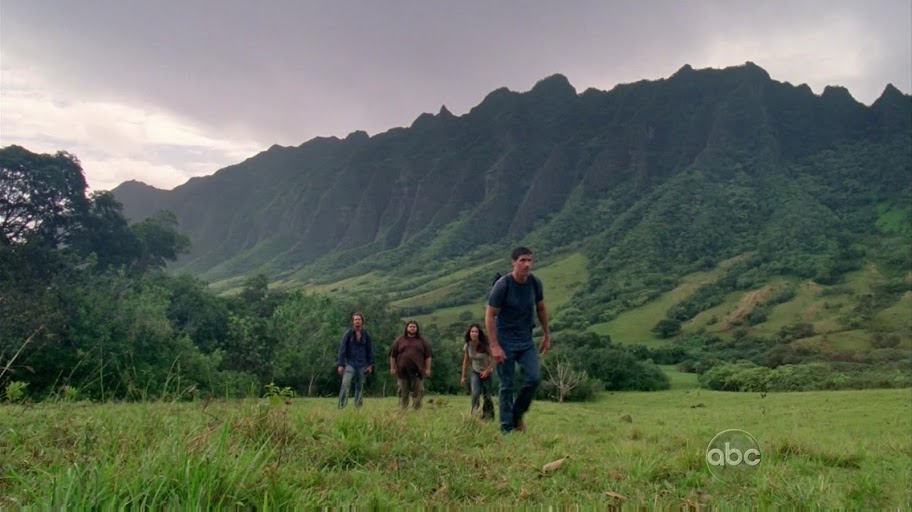
One thing that most of us can agree on is that there will never be another
Lost. Sure, great shows will come and go, but it's unlikely that we'll ever experience anything like the cultural phenomenon that
Lost was, especially on network TV, which is dominated by family sitcoms and police dramas. This is especially apparent when you see would-be franchises like
FlashForward try to emulate
Lost's formula, only to face-plant in their first season.
"The next
Lost won't resemble
Lost at all," said
Stephen McPherson, president of ABC Entertainment Group. "The next
Lost will be something completely different, something that is ambitious and takes incredible risks and surprises people."
Lost was a storyteller's dream; magical, escapist entertainment that captured our imaginations, challenged our ways of thinking, tugged at our hearts, and rewarded our pursuits all at the same time.
It's the one show whose episodes were worth watching twice. Aside from solidifying the general plot in our minds, we were compelled to spot Easter eggs and dissect the puzzle pieces in order to solve the elaborate mystery that the world was trying to crack. And this is where
Lost became another animal entirely:
with the fans.
Lost spawned a global cult following
unlike any other. As hard as it was to wait eight months between seasons or even a week between episodes, this is exactly what cemented the
obsessive community of the show. But aside from all the
Lost mania that swept the Internet, the best part about
Lost was simply talking about it. At the office it was the ultimate water-cooler conversation that spun all kinds of theories and interpretations. When you learned that a co-worker watched
Lost, you pulled them into
the circle. For those who didn't watch, you couldn't help but televangelize the show in a "you'll thank me later" kind of way.
Why did we watch
Lost? Because we identified with the flawed characters seeking redemption, and felt connected to their humanity. We saw something of ourselves in them, and formed inextricable bonds as we watched them live, die, and love for six seasons. We watched because we, too, may have also been looking for answers, whether we realized it or not.
We loved
Lost because it changed our lives, and we saw how it changed others. We were moved by its heart and soul. And we'll never forget the
fantastic journey it took us on as
Lost transcended television to become something bigger than us all.
Life After Lost

As we learned, letting go isn't easy. But we all have to move on.
I'm happy to say that although I'll miss
Lost, I haven't had any kind of postmortem depression with the show being over, as silly as it sounds. Really, it's a truth that's not far off, because for many of us,
Lost was the constant for the past six years of our lives. It spoon-fed us long enough where its mysteries were never far from our minds.
Lost was an institution that we turned to, and will forever remain an icon in our minds.
The good news is that when one journey ends, another can begin.
"I'm going to have to go back to civilization and see what my
next adventure is," said Jorge Garcia, who played Hurley.
Me too, dude. Me too.
